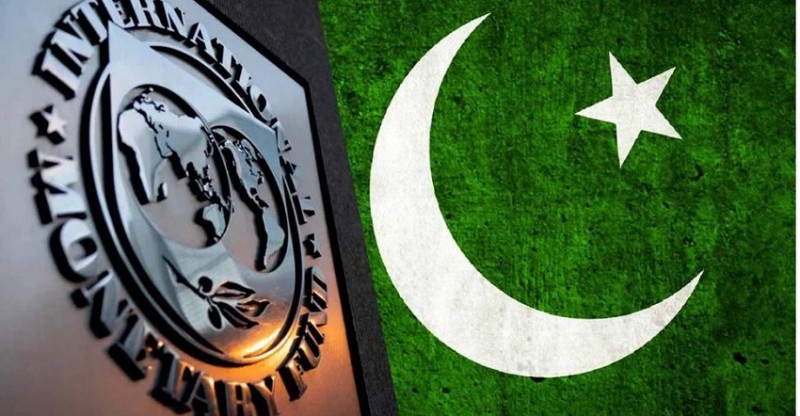
Pakistan, facing a severe financial crunch, is negotiating with Middle Eastern banks to secure around $4 billion to meet its external financial obligations for the current fiscal year. This move is part of the country’s broader effort to secure a $7 billion Extended Fund Facility (EFF) from the International Monetary Fund (IMF), which is currently pending approval.
Finance Minister Muhammad Aurangzeb and his team held a virtual meeting with Dr. Adnan Chilwan, Group CEO of Dubai Islamic Bank, as reported on Friday. Earlier in the week, a similar discussion took place with Ahmed Abdelaal, President and Group CEO of Mashreq Bank. These meetings were aimed at discussing Pakistan’s economic outlook and exploring potential investment opportunities.
For this fiscal year, Pakistan has planned around $20 billion in foreign borrowing, including a separate $3 billion rollover from the UAE to address its balance of payments issues. This borrowing is expected to boost Pakistan's reserves to approximately $19-20 billion by year-end.
Out of the $20 billion in foreign borrowing, $4 billion is targeted to be raised through commercial loans and another $1 billion through international bonds. However, the IMF has indefinitely postponed the approval of the $7 billion EFF due to Islamabad’s inability to secure an additional $2 billion in financing and rollover of $12 billion in deposits from Saudi Arabia, China, and the UAE.
Pakistan’s finance minister remains hopeful that the IMF may approve the new EFF by next month. In the meantime, Pakistan is actively seeking commercial loans from Middle Eastern banks, though challenges such as high financing costs and a low credit rating complicate the situation.
Currently, Pakistan’s credit rating stands at CCC+, below investment grade, leading to higher interest rates from commercial lenders. The Ministry of Finance and the State Bank of Pakistan (SBP) recently briefed the Senate Standing Committee on Economic Affairs about the country’s historical engagements with the IMF, highlighting rising interest costs.
According to SBP Executive Qader Bakhsh, Pakistan’s last Stand-By Arrangement with the IMF had an average interest rate of 5.1%, and similar rates are expected unless global rates decrease. The IMF's interest rates are determined by the Special Drawing Rights (SDR) basket price, plus a base rate and additional surcharges.
Pakistan’s borrowing needs have increased significantly, leading to higher interest rates from the World Bank and the Asian Development Bank as well. Since 2008, interest costs on IMF loans have risen from 1.6% to 3.41% in 2019.
Pakistani Diplomat Warns of Potential 9/11-like Threat Emerging from Afghanistan
India Economic Review: Growth Remains Strong in Early FY25, Increase in capital flows
Egypt’s “Mashroa'ak” Program Creates Over 1.4 Million Jobs and Boosts 212,800 Projects